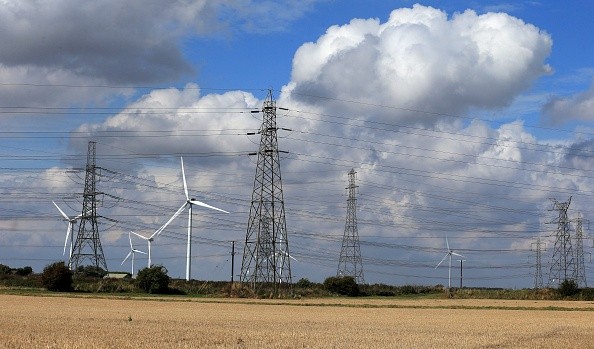With the threat of climate change variability, researchers have developed a method to determine renewable energy supply. The study emphasized the significance of energy planning.
The United Nations Climate Action explained that renewable energy creates lower emissions than fossil fuels. The power is generated from natural sources, which are replenished.
Moreover, environmentalists and scientists recommend the use of renewable energy as it does not pose harm to the environment. Fossil fuels from gas, oil, or coal refer to non-renewable energy, causing greenhouse gas emissions.
According to the United Nations Climate Action, sources of renewable energy are:
- Solar energy
- Wind energy
- Geothermal energy
- Hydropower energy
- Ocean Energy
- Bioenergy
On the other hand, the study's lead author, Uma Bhatt, said that understanding the impact of climate change is important. The variability of renewable energy can create a resilient power system for the future. Bhatt is also an atmospheric science professor at Geophysical Institute.
The Land journal published the research and is available to read in ScienceDaily.
Climate change affecting renewable energy supply

In the study, researchers from the Geophysical Institute of the University of Alaska Fairbanks and Spain unveiled a method that helps local energy managers. It will aid communities in determining the optimal mix of renewable resources and energy storage.
According to the research, it pointed out the increasing unusual weather patterns exacerbated by climate change. As it becomes extraordinary, researchers said that the demand for power and availability of renewable energy sources could all become more variable.
The researchers studied two locations with 60 years of climate data obtained for each area: the Alaska city of Cordova in Prince William Sound, which is experiencing a subpolar oceanic climate, and Palma de Mallorca, which is a subtropical Spanish island.
Furthermore, the study stressed that solar and hydropower are vulnerable to climate change, with extreme weather events becoming less reliable.
For instance, the decreased precipitation could affect hydropower, meaning the demand for energy power could be unpredictable because climate becomes variable.
The study's co-author David Newman said that to address the problem, there is a need to remove the variability or compensate for it. Newman is a physics professor at the UAF Geophysical Institute.
On the other hand, Bhatt explained the interconnectedness of climate and energy. The lead author stressed the importance of educating to think and address the problems.
Suggestions
The research suggested solutions to address climate variability and its effect on supply.
- Researchers said to prepare fossil-fuel-based generators needed, which can start quickly. However, the study pointed out that it is still a fossil product.
- On a cleaner method, the research suggested storing excess energy from renewable sources in normal demand and other storage solutions from other renewable energy sources such as pumped storage.
- The study also noted other storage methods are gravity energy storage, flywheel energy storage, and compressed storage.
Related Article : Scientists Study the Impact of the Deep Sea Mining on Oceans
For more similar stories, don't forget to follow Nature World News.
© 2025 NatureWorldNews.com All rights reserved. Do not reproduce without permission.





